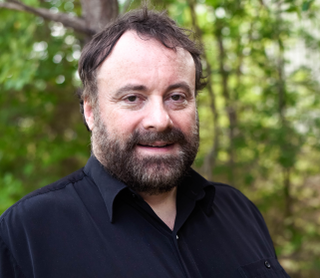A Quote by Jonathan Sarfati
Creationists often appeal to the facts of science to support their view, and evolutionists often appeal to philosophical assumptions from outside science.
Quote Topics
Related Quotes
When two men of science disagree, they do not invoke the secular arm; they wait for further evidence to decide the issue, because, as men of science, they know that neither is infallible. But when two theologians differ, since there is no criteria to which either can appeal, there is nothing for it but mutual hatred and an open or covert appeal to force.
[This approach] displays the characteristic philosophical lust to vanquish the skeptic by arguing him out of his skepticism, without appeal to moral and political considerations or to the facts of everyday life. [...] But more often than not, if you give the skeptic everything he wants, then he will be successful in repulsing your attacks and terrorizing your position.
We often say that our science is objective and accurate, but we don't often say that our science is incomplete - that although the established parts of natural science are very well tested and the evidence makes a compelling case for things being as they've been described, there nevertheless are open questions that we cannot answer.
Being a philosophical naturalist does not mean that one thinks that science can provide all of the answers. That is scientism and that is wrong. I don't think a billion buckets of science could speak to the problems raised by the Tea Party. Being a philosophical naturalist does not mean that one thinks that the only truths are those of science. I think the claim just made in the last sentence is true but I don't think it is a claim of science. It means that you use science where you can and you respect and try to emulate its standards.



































